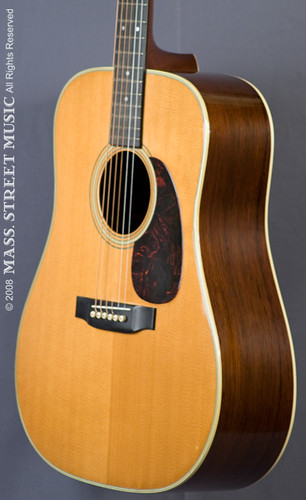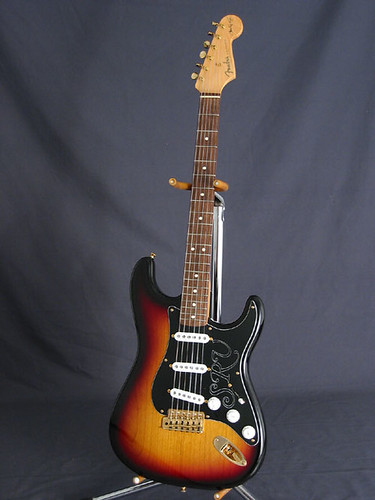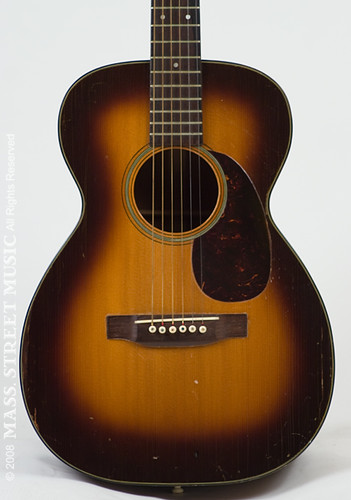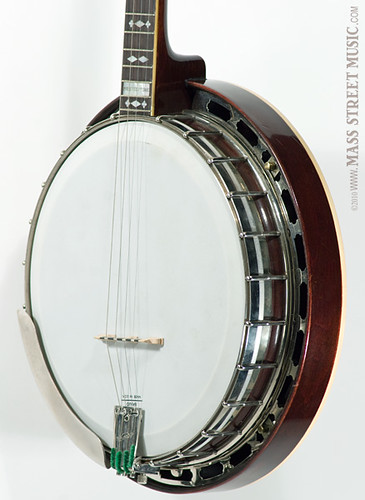Wishbone
Drums
Rock Hard Funk drum loop collection from Beta Monkey
Bass
Fender Precision (on Variax Bass) directly into audio interface
Guitars
Intro: Martin D28 (Variax) into tube pre-amp (HD500)
Main Guitar: Fender Stratocaster, bridge pickup (Variax) into Gibson EH-185 (HD500)
Chorus/solo guitar: 2004 Limited Edition Les Paul Standard into Dr. Z Route 66 w/ Tube Screamer and Tremolo (HD500)




I initially composed Wishbone on my acoustic guitar, which led me to include the acoustic intro (however, the Variax acoustic model was used for simplicity's sake). This is also the first time I decided to break out one of the prizes in my meager guitar collection: my 2004 Limited Edition Les Paul Standard. It felt natural to use this for a ZZ Top-inspired tune, making sure to give its tone plenty of bite.
Isle Dauphine
Drums
Jazz Essentials I drum loop collection from Beta Monkey
Bass
Kay Maestro M-1 upright (on Variax Bass) directly into audio interface
Guitars (all Variax and HD500)
Acoustic: Martin 0-18 into tube preamp
Banjo: Gibson Mastertone banjo into tube preamp
Electric: Danelectro 3021, tuned to Open C, into a Fender Bassman




Again, I started composing this one acoustically. The deep, rumbling electric guitar tone was not at all what I initially had planned, but when I remembered I had a setting on my Variax in Open C tuning (the song is in C minor), I thought I'd give it a shot.
One of the members on the Song Fight! forums suggested that a "megaphone effect" for the vocals might have been neat, in the vein of Tom Waits. I wish now that I had taken a second to try that. I suspect it would have been a good addition.
